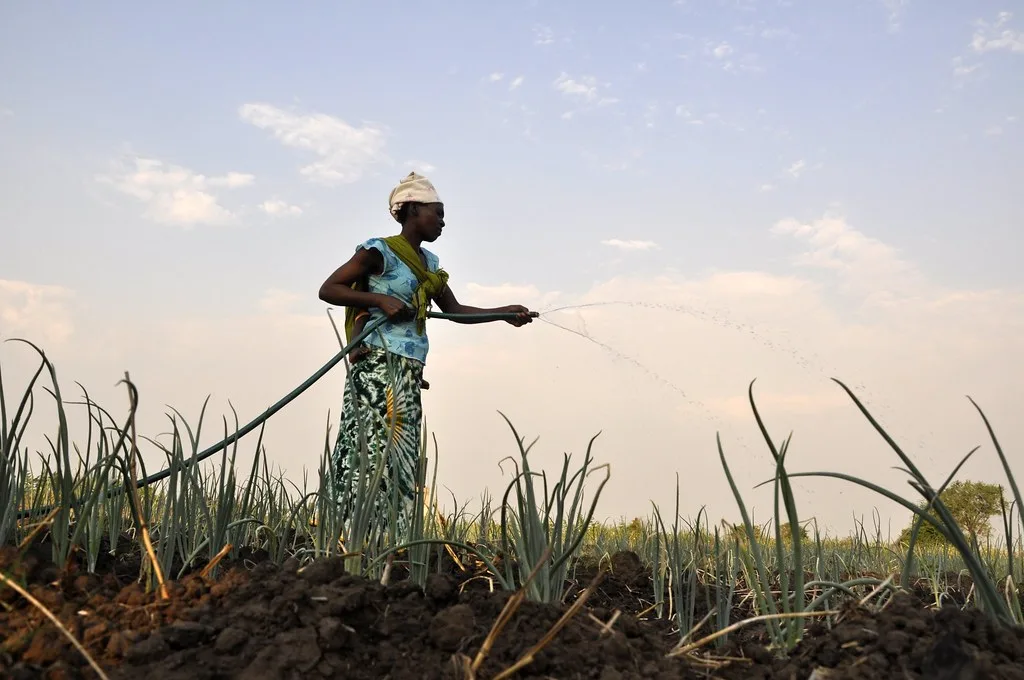What do you think of when you imagine farms of the future? Massive underground hydroponic operations run by robots is one way things could go … but could the sustainable future of agriculture actually look a lot smaller and simpler? Current cultural shifts, and even the Coronavirus pandemic, could lead to more and more food being produced on a small-scale using natural farming methods.
A growing awareness
In previous blog posts, we’ve highlighted the link between sustainably-grown food and human health benefits. Indeed, more and more people are looking for ways to avoid industrially farmed foods. They are becoming increasingly aware of the environmental destruction that conventional industrial agriculture can cause (pollution, loss of biodiversity, etc.), along with the harmful effects that GMOs and toxic pesticides can have on human health.
The effect of the Coronavirus pandemic
During the lockdown, more people have had the time at home to try out their green fingers and plant veggie gardens. Growing one’s own food is rewarding, convenient and tasty!
As the pandemic has placed pressure on the economy and restricted movement, there’s also been an increased awareness of the importance of supporting local businesses and small-scale farmers.
For these reasons, and many others, people are looking for healthy, local, affordable organic or sustainably-produced food. So, what does the future of farming look like for consumers who are looking to eat healthily, lessen their carbon footprints and connect with the people growing their food?
From large-scale to ‘human-scale’?
In the last century, farms grew larger, more industrialised, mechanised and capital-intensive. There’s no doubt that the large-scale industrialisation of agriculture led to impressive successes in increasing productivity. However, the one-sided focus of industrial agriculture on productivity has led to the exploitation of available natural resources, decreasing long-term sustainability and food security.
Industrial agriculture consumes large amounts of mineral fertilisers, pesticides, energy and water resources. It also produces large volumes of greenhouse gas emissions, depletes soils, causes deforestation, contamination and loss of biodiversity.
In contrast, some farmers looking to the future are investing in human-scale operations. This means that the farm is designed to be worked by humans, not machines. There’s no doubt that small-scale farmers have a pivotal role to play in feeding the world’s population. By focusing on diversity, these labour-intensive structures can guarantee a form of food supply that is socially, economically and environmentally sustainable.
Human-scale farming may be on the extreme side of the farming spectrum, but this doesn’t mean that large-scale farmers have nothing to learn from it. Some of the aims and methods used in human-scale farming can be applied to create more sustainable large-scale farming operations:
- Increasing the biology of the soil
- Working with natural forces to achieve maximum yields
- Promoting the concentration of organic matter
- Reducing or eliminating the use of chemicals.
Zylem supports a move towards sustainability
At Zylem, our focus is on promoting soil health. Whether you operate a large-scale or small-scale operation, a healthy soil is the key ingredient to a sustainable future.
Find out more about our services and solutions: https://zylemsa.co.za/

About the Author: Alex Platt
Alex is Business Development Manager at Zylem. He’s inspired by the potential of regenerative farming and takes a special interest in the technology and products that are moving agriculture in a more sustainable direction.

